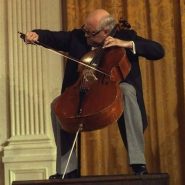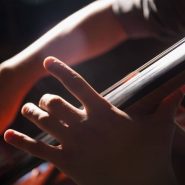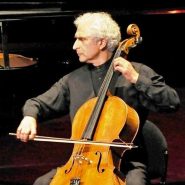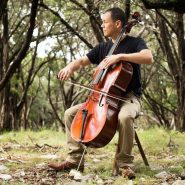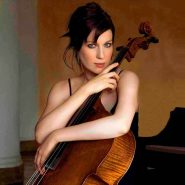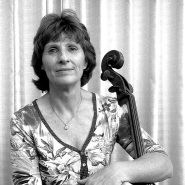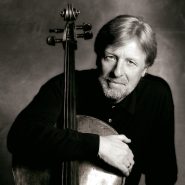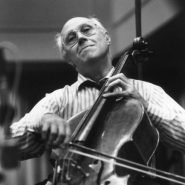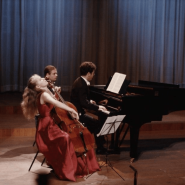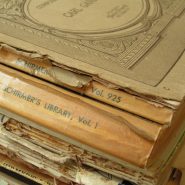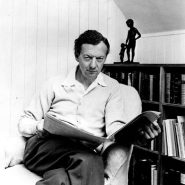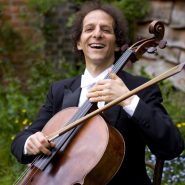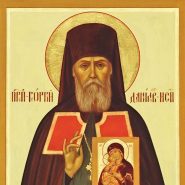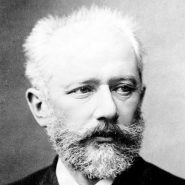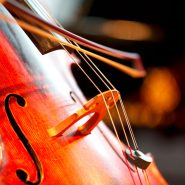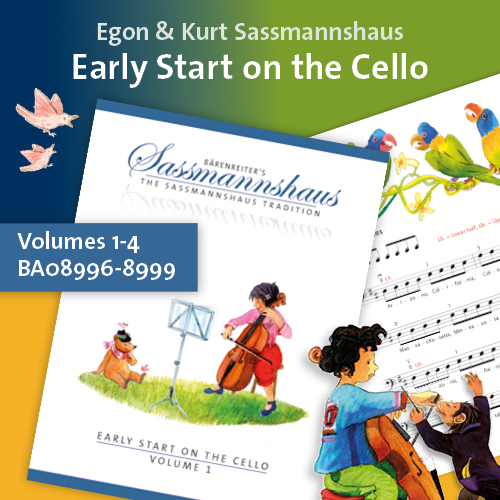Tag: Rostropovich
By Blogmaster March 27, 2025
By Janet Horvath April 24, 2022
By Paul Tseng December 9, 2020
Subjects Interviews
By Tim Janof October 7, 2020
By Tim Janof September 8, 2020
By Tim Janof October 27, 2019
Subjects Interviews
By Tim Janof August 5, 2019
By Tim Janof August 5, 2019
By Tony Woodcock November 9, 2017
By Robert Battey December 15, 2013
Subjects Practicing
Tags accents, alignment, Awareness, Bach, Bach Cello Suites, bar lines, Battey, Beethoven’s “Archduke” Trio, Brahms Double Concerto, Capucon, cello, cellobello, communication, complexity, conservatory, counting, dissonance, Feuermann, focused listening, great artists, great composers, intelligent artist, interpreter, interpretive decisions, intonation, melody, metrical organization, musical critic, musical phrasing, performer, phrase lengths, phrasing, powerful, recordings, resolution, robert, Rostropovich, score-study, slurs, studying, stunning effect, stylistic conventions, text, vibrato, Washington Post, Yo-Yo Ma, youtube
By Aron Zelkowicz December 8, 2013
Subjects Interviews, Repertoire
Tags Aron, Britten, Britten Cello Suites, Britten Cello Symphony, cello, cellobello, chant, conducting, improvisation, interview, Introduzione, Isserlis, manuscript, multiple versions, performance, premiere, recording, Rostropovich, Russian Orthodox Liturgy, Shostakovich, Sonata, Steven, Tavener, third suite, Zelkowicz
By Aron Zelkowicz November 21, 2013
Subjects Interviews, Repertoire
Tags analysis, Aron, Bach, Benjamin Britten, Britten, cello, cello suites, cellobello, Colin Carr, composition, differences in performance, Growth, interview, live recording, live-performance, Menlo, Menuhin School, microphones, Music@Menlo, performance, recordings, Rostropovich, solo debut album, Suites, Zelkowicz
By Aron Zelkowicz November 12, 2013
Subjects Repertoire
By Robert Battey September 8, 2013
Subjects Repertoire
Tags Achilles’ heel, alterations, Battey, cello, charming, composer, compositions, creativity, difficulty, effects, experimenting with rosin, flawed works, glissando, gummed-up fingers, increased tension, Leopold Auer, lyrical, master, melody, modern artists, musical transitions, opening material, options, Pezzo Capriccioso, Piatigorsky, recordings, repeated notes, robert, Rococo Variations, rosin, Rostropovich, sections, sections of music, show piece, sticky problem with shifting, Tchaikovsky, transitions, trill, virtuoso
By Alisa Weilerstein April 22, 2011
Subjects Artistic Vision, Travel
